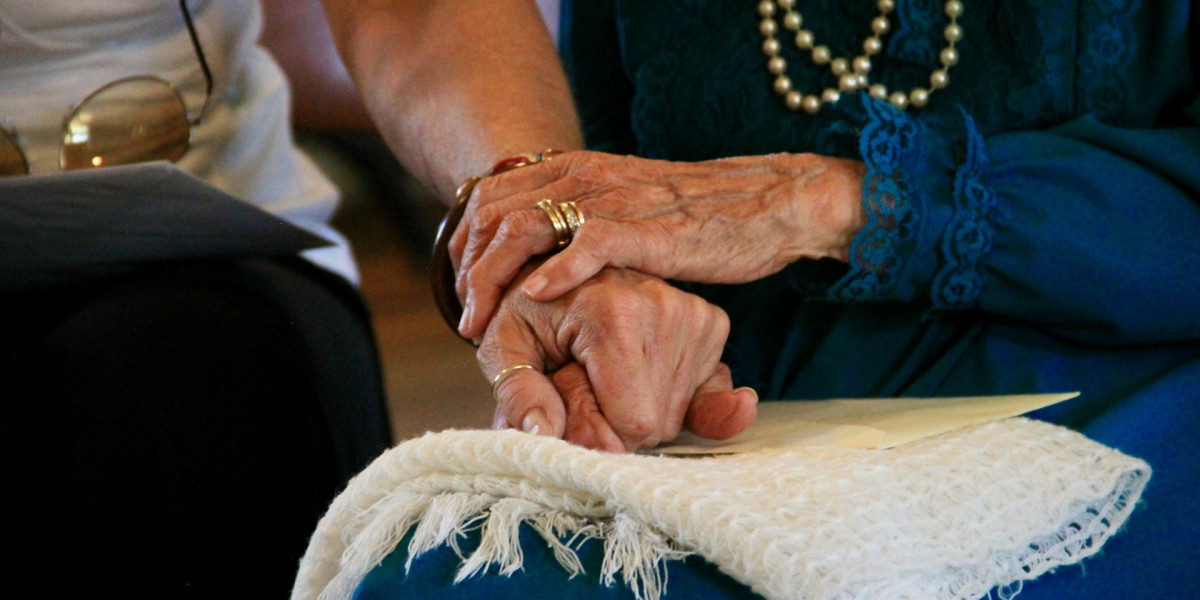As society evolves and life expectancy increases, the need for compassionate and high-quality services for older adults has never been more critical. Aging comes with a unique set of challenges that require thoughtful solutions, personalized support, and a deep understanding of the needs of older individuals. From emotional companionship to physical assistance, older adults benefit immensely from services that prioritize dignity, respect, and quality of life.
Understanding the Needs of Older Adults
Older adults face a range of physical, emotional, and cognitive changes that can affect their independence and wellbeing. Physical limitations such as reduced mobility, chronic illnesses, and vision or hearing loss often make daily tasks more challenging. Mental health concerns, including loneliness, depression, and memory-related disorders like Alzheimer’s or dementia, further complicate their lives.
While families often strive to provide support, the demands of work and other responsibilities may limit their ability to offer constant care. As a result, the role of compassionate services becomes essential in bridging the gap between independence and support.
Emotional and Social Support
One of the most underappreciated but crucial aspects of care for older adults is emotional and social support. Many seniors experience isolation due to the death of a spouse, friends moving away, or the inability to drive or leave the house frequently. Loneliness has been linked to poor health outcomes, including increased risk of heart disease, cognitive decline, and even early death.
Compassionate services focus not only on physical needs but also on mental and emotional well-being. Activities such as companionship visits, group outings, and hobby clubs encourage social engagement and a sense of community. These services can significantly improve mood, cognitive function, and overall quality of life.
Health and Wellness Programs
Good health is fundamental to enjoying a fulfilling life in older age. Services designed for seniors often include health and wellness programs tailored to individual needs. These programs typically involve fitness routines suited for older bodies, nutritional guidance, medication management, and routine medical checkups.
Wellness initiatives might include chair yoga, tai chi, or water aerobics to help maintain strength, flexibility, and balance—key elements in fall prevention. Nutritional support ensures that older adults are receiving the right nutrients for their age and medical conditions, which is especially important for managing chronic illnesses like diabetes or high blood pressure.
Additionally, some services offer cognitive stimulation exercises and brain games to help maintain mental acuity. When combined with physical health support, these programs contribute to a holistic approach to aging with grace and dignity.
Specialized Medical Support
Many older adults live with chronic illnesses or recover from surgeries that require specialized medical care. Home-based nursing, physical therapy, occupational therapy, and palliative care are essential services provided by skilled professionals who understand the complexities of elder health.
Registered nurses and licensed therapists play a pivotal role in helping seniors manage their conditions, adhere to treatment plans, and recover from health setbacks. Having access to this kind of support in a familiar environment reduces the stress and discomfort that can come from frequent hospital visits or institutional care.
Personal Care Services
In many cases, older adults need daily help with basic tasks that most people take for granted. Personal care services provide assistance with grooming, bathing, dressing, toileting, and mobility. These services are delivered with sensitivity and respect, preserving the dignity of older individuals while ensuring their hygiene and safety. Unlike clinical interventions, these services focus on building trust and maintaining a supportive routine, which can greatly enhance a senior’s sense of independence and self-worth.
The Role of Caregivers
Caregivers, both professional and family-based, are the backbone of compassionate elder services. Their work involves not only physical tasks but also emotional resilience and dedication. Professional caregivers are often trained in first aid, dementia care, and communication skills that allow them to connect meaningfully with seniors.
Family caregivers, though often unpaid and untrained, provide a vital role in supporting aging relatives. Many elder service organizations now offer respite care to allow family caregivers to take necessary breaks, reducing burnout and improving the overall care environment.
Incorporating caregivers into the broader support plan is essential. This includes ongoing training, emotional support, and access to community resources that make the caregiving journey more sustainable and rewarding.
Technology in Elder Care
Technology is increasingly becoming a part of compassionate services for older adults. From wearable health monitors to video calling platforms that connect seniors with loved ones, tech solutions are enhancing safety, connectivity, and quality of life.
Smart home devices, such as automated lighting, voice-activated assistants, and medical alert systems, allow older adults to live more independently. Telehealth services provide easier access to medical consultations, reducing the need for travel and exposure to illness.
Digital literacy programs are also important, as they empower seniors to use technology confidently and stay engaged with the world around them.
Cultural and Spiritual Considerations
Compassionate care must also respect the cultural and spiritual beliefs of older adults. Tailoring services to align with religious practices, dietary preferences, language needs, and family traditions can make a significant difference in how care is received and perceived.
Providers that embrace cultural competency create an inclusive environment where seniors feel understood and valued. This goes beyond simple language translation; it includes recognizing values, rituals, and interpersonal dynamics that are important to the individual.
Spiritual care, including pastoral counseling, meditation support, or access to religious services, can provide profound comfort, especially in times of illness or end-of-life transitions.
Community-Based Programs
Local communities are stepping up to offer a wide variety of services aimed at supporting older adults. Community centers, libraries, faith organizations, and nonprofit groups provide transportation services, meal programs, exercise classes, and social events.
These community-based programs are often more accessible and affordable than institutional care, and they foster a sense of belonging that contributes positively to mental and emotional health.
Volunteers play a significant role in these programs, offering companionship, transportation, or even just a warm conversation. The community effort to support older adults often leads to stronger intergenerational relationships and a culture of empathy and respect.
Planning for the Future
As the population ages, it becomes increasingly important for individuals and families to plan ahead for elder care needs. Early planning ensures that services are in place before a crisis occurs and that older adults are involved in decision-making about their care.
This includes legal and financial planning, such as power of attorney, living wills, and long-term care insurance. Discussing preferences for housing, medical interventions, and end-of-life care ensures that older adults retain control over their lives, even when they may no longer be able to express their wishes.
Families who plan together are better equipped to manage transitions smoothly and reduce stress when the time comes to make critical decisions.
Conclusion
Compassionate services for older adults are about more than just meeting basic needs—they are about honoring a lifetime of experience, preserving dignity, and promoting a fulfilling, joyful life in the later years. Whether through emotional support, physical care, or cultural sensitivity, these services make a profound impact on the lives of seniors and their families.
As the demand for elder care continues to grow, communities, families, and professionals must work together to create systems that are not only functional but compassionate at their core. Investing in these services today ensures that future generations of older adults can age with dignity, comfort, and the respect they so richly deserve.








